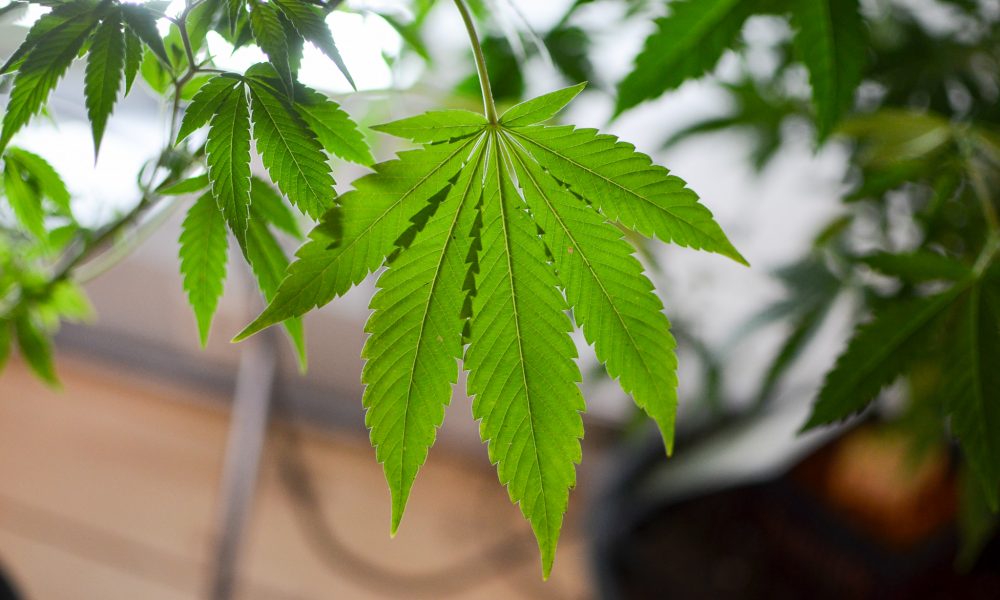When the 2018 farm bill legalized the cultivation and sale of industrial hemp and its derivatives, it opened the floodgates on an extremely lucrative market. With less than five years of legal sales under its belt, the hemp-derived cannabidiol (“CBD”) sector has seen hundreds of millions of dollars worth of product sales. Extracted from hemp, CBD is said to be chock full of potent and versatile medicinal properties and consumers have been purchasing CBD products in droves to reportedly help alleviate issues such as anxiety, chronic pain, and insomnia, among others. According to a Grand View Research report, the CBD market was estimated to be worth $1.64 billion in 2020 and is poised to hit $13.9 billion by 2028. Unsurprisingly, mainstream supplement companies are throwing their hats into the ring to cash in on CBD as it becomes even more lucrative in the next few years. Plenty of companies are already producing CBD-infused foods, beverages, and nutritional supplements, even though the farm bill didn’t explicitly allow the infusion of CBD into edible products, and their bottom lines have piqued the interest of mainstream companies. Several of them have even begun consulting with former mainstream packaged goods professionals. Aurora Cannabis appointed Nelson Peltz, Proctor & Gamble (“P&G”) Co. director, as a strategic advisor while Ignite International Ltd hired Curtis Hefferenan, a former P&G executive as the global head of sales. Aside from its medical benefits, consumers are also drawn to CBD because it is not psychotropic, unlike THC (delta-9 tetrahydrocannabinol). Although hemp is in the cannabis family, it contains limited amounts of THC, the cannabinoid responsible for marijuana’s intoxicating effects.
CannabisNewsWire, 10/12/2021 16:20:00

